Using Family Limited Partnerships In Estate Planning
What can we learn from Sam Walton, Walmart’s founder? Long before the Walmart retail business took off, Sam was gifting interests in his business to his children. As Sam explained in his autobiography Made in America, “giving assets away early prevents future tax headaches because their value hasn’t skyrocketed yet”. That advice still holds true today and has been applied by many wealthy families to pass wealth to the next generation with the least possible estate tax.
What Is Estate Tax?
Unlike income tax which is an annual tax occurrence reported on annual calendar year tax returns we all file, the estate tax is a tax that applies when someone dies. Income taxes are calculated from your net taxable income. Estate taxes are calculated from the value of your estate (i.e., your net worth).
The United States uses a unified estate and gift tax system. This means a single exclusion amount applies to both lifetime gifts and transfers at death. Individuals receive a “unified credit”—also known as the applicable credit amount—which offsets taxes owed on these transfers. The IRS doesn’t charge estate or gift tax if the total value of taxable gifts and estates remains below the exclusion threshold. For transfers above that amount, the IRS applies a flat 40% tax rate. The unified credit is the lifetime federal gift and estate tax exemption amount that individuals can transfer tax-free, either through gifts during their life or bequests at death.
The unified federal estate and lifetime gift tax exemption is $15 million per individual ($30 million for married couples) and this amount is indexed for inflation starting in 2026.
What is Estate Planning?
A legal process where a person’s property and finance objectives are arranged with their healthcare decisions to achieve long term family planning goals.
What does an Estate Plan Include?
An Estate Plan package generally includes a Will, a Trust, a Power of Attorney and an Advanced Healthcare Directive. Usually there are other corollary documents that need to be prepared such as Quit Claim Deeds and Assignments.
A Will is an instrument by which a person records their desires regarding distribution of property and their specific wishes after death.
Two major disadvantages of relying on a Will alone to manage your Estate Planning goals include:
- A Will is not effective in the event you become incapacitated;
- A Will subjects your loved ones to a lengthy, public and expensive probate process.
A Trust is a legal relationship between its creator (“settlor”), its manager (“trustee”) and its beneficiaries. A Trust can be drafted to achieve any legal purpose during the settlor’s life and will determine the management of your estate in the event you become incapacitated or pass away.
Durable Powers of Attorney allow you to nominate the person of your choice to make decisions regarding your finances and healthcare decisions in the event you become incapacitated.
An Advanced Healthcare Directive and a Living Will allow you to make specific decisions regarding your end of life wishes and the extent to be on life-support.
Using Family Limited Partnerships In Estate Planning.
A Family Limited Partnership (FLP) is a strategic estate planning tool that helps families manage, protect, and transfer significant wealth to the next generation while potentially minimizing estate and gift taxes. It allows senior family members to retain control over assets even after passing ownership interests to heirs.
How an FLP Works –
An FLP is a legal entity that functions like a business and involves two types of partners:
- General Partners (GPs): Typically parents or grandparents who contribute assets, manage day-to-day operations, make all decisions, and assume liability for the partnership’s debts. They often hold a small percentage of the total interests (e.g., 1-2%) but maintain full control.
- Limited Partners (LPs): Usually children, grandchildren, or trusts for their benefit who hold ownership interests but have no management authority and limited liability. Their personal assets are protected from the FLP’s liabilities.
Once assets are transferred into the FLP, the general partners can gift limited partnership interests to family members over time, often leveraging annual gift tax exclusions. This results in gifting more value of your estate using less unified federal estate and lifetime gift tax exemption.
Key Advantages in Estate Planning
- Estate and Gift Tax Reduction: Assets transferred to the FLP are generally removed from the general partner’s taxable estate. The key benefit is the ability to apply valuation discounts (for lack of marketability and lack of control) to the limited partnership interests when gifted, reducing their taxable value by as much as 30-40%. This allows more wealth to be transferred within the gift and estate tax exemptions.
- Asset Protection: Assets owned by the FLP are generally shielded from the personal creditors of the individual partners. A creditor of a limited partner is typically limited to a “charging order,” which only entitles them to distributions if and when the general partner decides to make them, providing a strong incentive to settle.
- Control and Management: The general partner maintains control over the assets and business decisions, even after gifting the majority of the partnership’s value to limited partners.
- Centralized Management: FLPs can consolidate a variety of assets (real estate, securities, business interests) into a single entity, simplifying management and investment strategy across generations.
- Succession Planning: The structure facilitates an orderly business or wealth transfer, allowing the senior generation to mentor the next generation and dictate the terms of the transition.
Disadvantages and Key Considerations
- Complexity and Cost: Establishing and maintaining an FLP requires professional assistance from estate planning attorneys and tax specialists, leading to significant legal and accounting costs.
- IRS Scrutiny: The IRS closely scrutinizes FLPs, especially if they appear to be created solely for tax avoidance. It is crucial to have a legitimate non-tax business purpose and to operate the FLP with strict formality (e.g., holding regular meetings, keeping minutes, avoiding commingling of personal and FLP assets).
- Liability for General Partners: The general partner has unlimited personal liability for the FLP’s debts and obligations. This risk is often mitigated by naming a Limited Liability Company (LLC) or an S-corporation as the general partner.
- Illiquidity: Limited partnership interests are not easily sold, which can be a drawback if a partner needs cash quickly.
- Appropriate Assets: Not all assets are suitable for an FLP; personal residences or everyday personal assets should be kept outside the partnership to avoid IRS challenges.
What Should You Do?
So if you are in a situation of having a large estate (over $15 million of net value) with interests in entities, whether operating businesses or investment entities, an FLP could save you a lot in taxes.
You know that at the Law Offices Of Jeffrey B. Kahn, P.C. we are always thinking of ways that our clients can save on taxes. If you are selected for an audit, stand up to the IRS by getting representation. Tax problems are usually a serious matter and must be handled appropriately so it’s important to that you’ve hired the best lawyer for your particular situation. With careful planning and strategic execution, businesses can turn this tax change into a competitive advantage. The tax attorneys at the Law Offices Of Jeffrey B. Kahn, P.C. located in Orange County (Irvine), Los Angeles, San Francisco Bay Area (including San Jose and Walnut Creek) and elsewhere in California are highly skilled in handling tax matters and can effectively represent at all levels with the IRS and State Tax Agencies including criminal tax investigations and attempted prosecutions, undisclosed foreign bank accounts and other foreign assets, and unreported foreign income. Also if you are involved in cannabis, check out what a cannabis tax attorney can do for you. And if you are involved in crypto currency, check out what a bitcoin tax attorney can do for you.



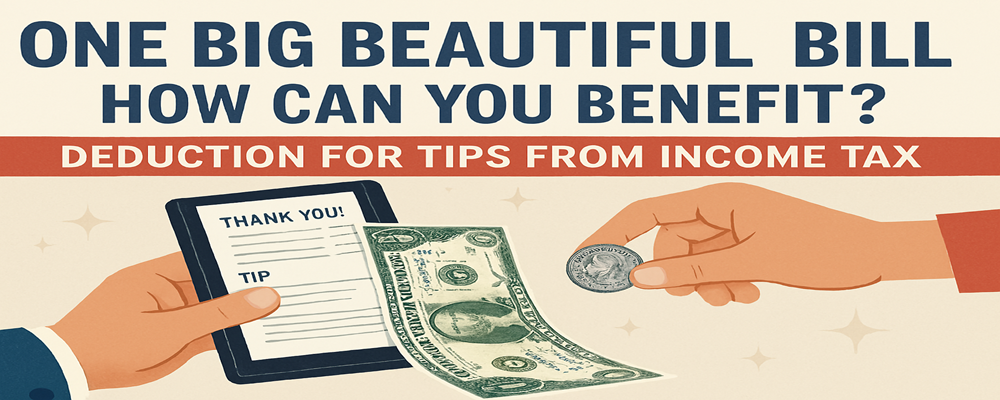
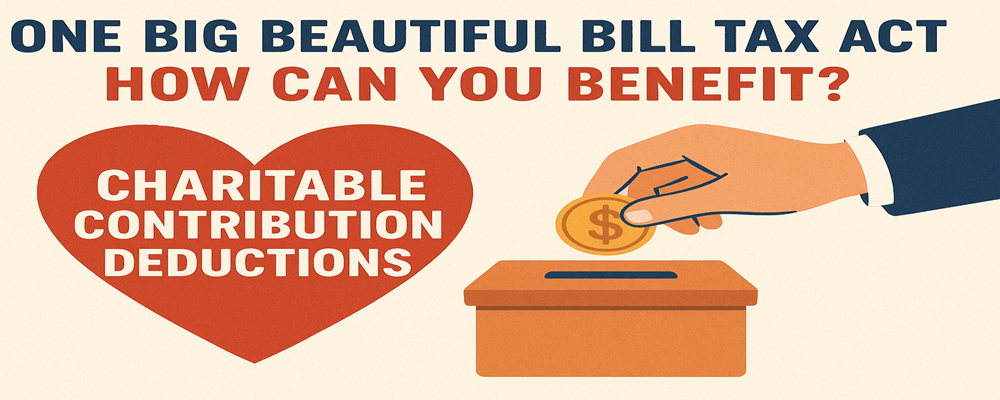
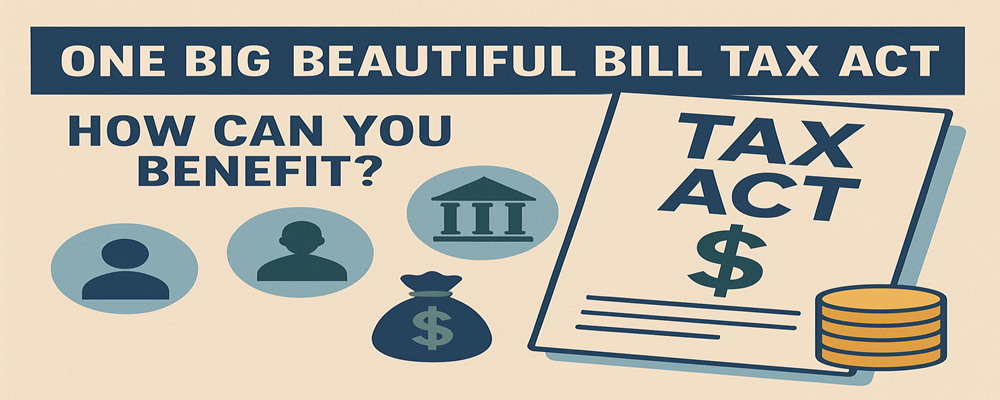
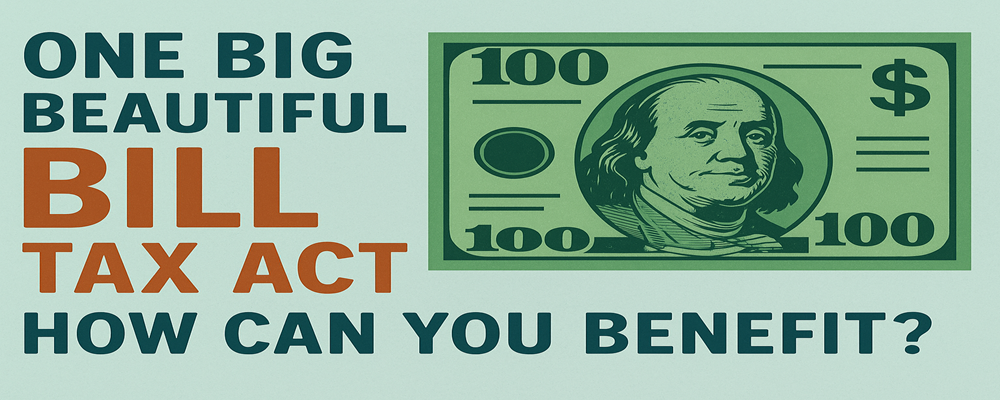
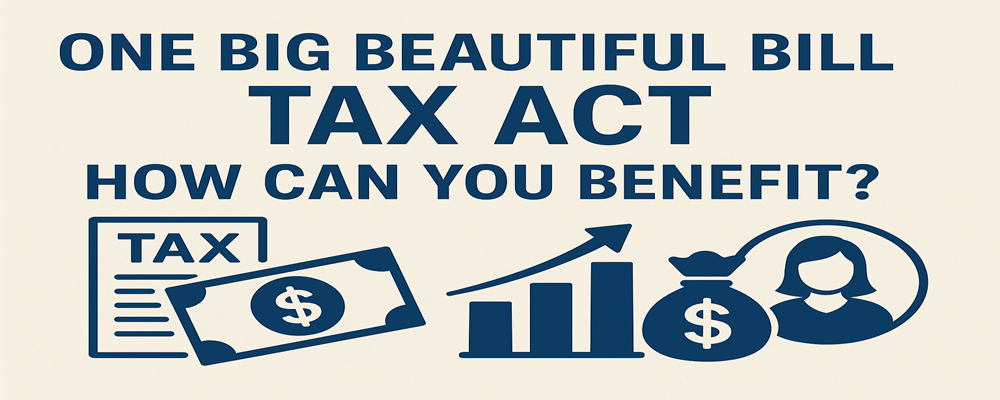
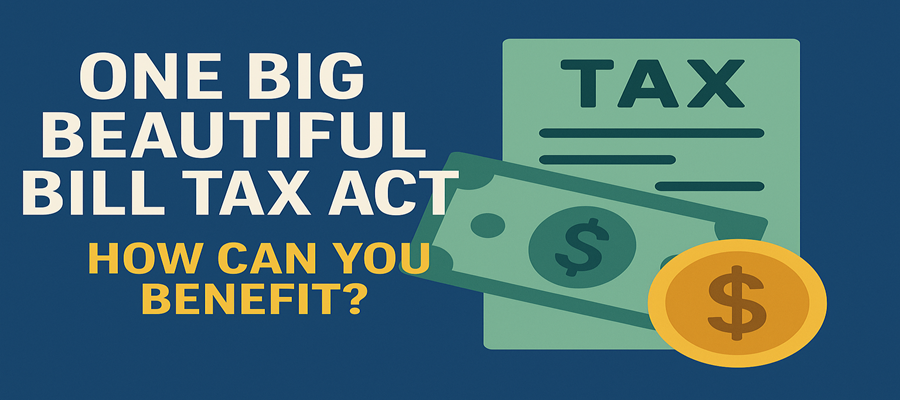
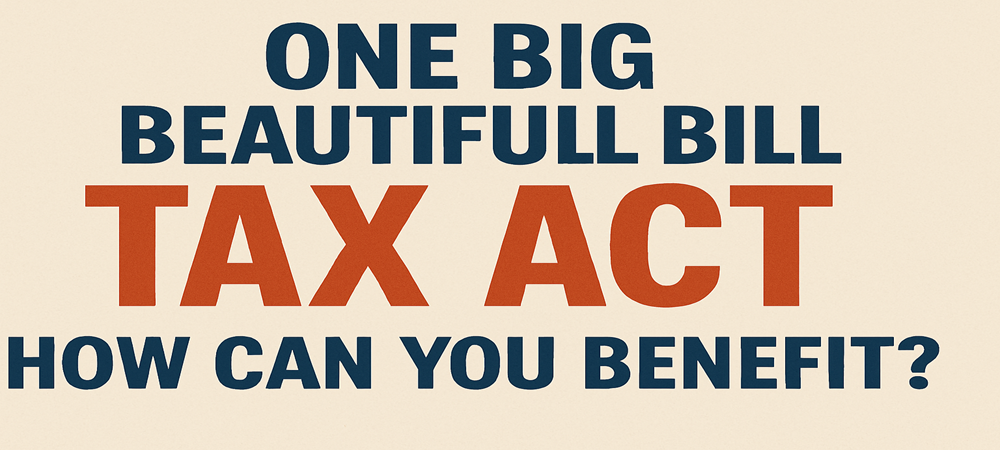
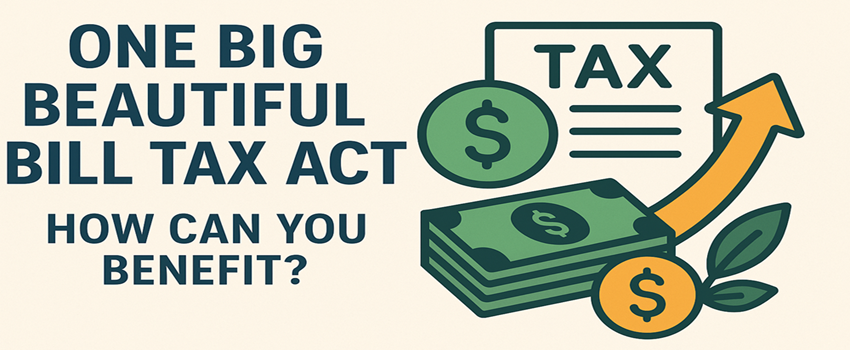
 Follow
Follow Follow
Follow